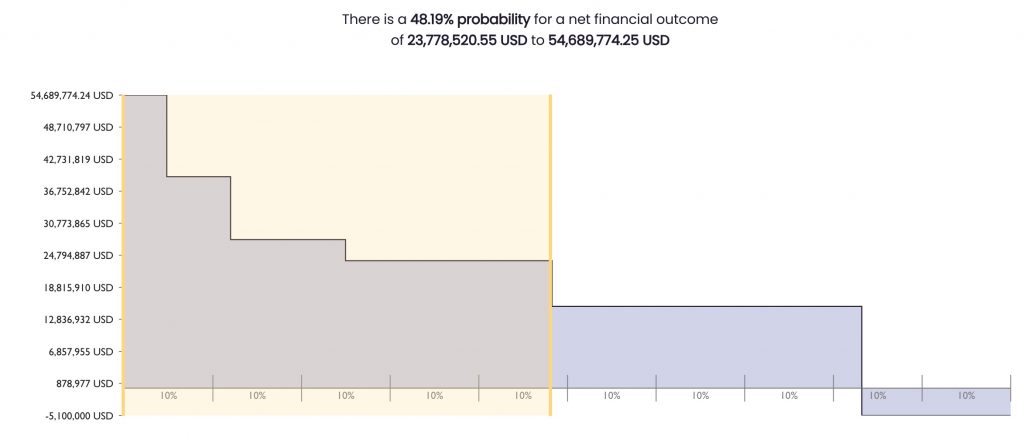Deconstructing Complexity
Legal memos, technical documentation, economical reports, and expert opinions. To make things even more complex, add legal cost projections, potential insurance coverage, the risk for appeals and uncertainties around enforcing awards and judgments. These are the building blocks of legal disputes – all processed through a variety of procedural frameworks. The specifics may differ from case to case and jurisdiction to jurisdiction, but the components are the same worldwide. All these components can often lead to difficulties for a client, party, counsel or stakeholder in understanding the full view of their specific case.
Legal Due Diligence is a Requirement…
A legal due diligence including the legwork involved in understanding a case is a necessity that cannot be overlooked. One will need to examine the structure of the case. A single block containing a serious flaw can be enough for a case to collapse.
…but of Less Value Unless Translated to Commercial Advice
In the end someone has to condense and simplify all the variables into an explanation that is easy for a client or stakeholder to grasp. Such output should be more than an assessment, and also contain recommendations and advice on how best to proceed. Commercial disputes involve commercial parties – therefore, the bottom line of an assessment should not be found in an intricate description of everything that can occur, but in a comprehensive commercial assessment. The tools and resources and knowledge to provide such assessments is exactly what Eperoto offers.
“If you can’t explain it simply, you don’t understand it well enough. – Einstein”
When a party needs advice on whether to proceed with a case in court, or whether to settle, the answer can be more than variations of “it depends”. With a quantitative, financial analysis, the building blocks of a dispute can be analyzed and put together into a comprehensive financial assessment with recommendations such as: “Based on the currently available information, if we can settle the case in this range, it makes financial sense to do so, but if such a settlement can’t be reached, it is better to take the risk of proceeding with arbitration or litigation”.

The Importance of Early Assessment – or “do we really need to turn every stone?”
In some cases, devoting time and resources to studying the building blocks of the case in great detail may be central: “Leave no stone unturned!”, right? But many times an early assessment can reveal that further investigation is actually not an investment that is likely to improve value or reduce risk compared to an early settlement alternative.
An American study into litigation management in organisation handling large amount of claims reported that 81% of their executives did not believe that spending more money on the defense of a lawsuit would reduce the indemnity costs (here understood as the overall financial risk). Does this finding mean that sound legal advice generally does not provide value? No, on the contrary, it means that it is crucial to figure out which cases that deserves additional resources.
Eperoto’s Solution: Clear and Concise Assessments
Eperoto offers tools to create clear and concise reports and an executive summaries that highlights the most crucial aspects of the case, so that clients and stakeholders can make well informed decisions. The theoretical framework, which includes building decision tree models and other financial models around a case, is called decision analysis. By providing an overview of a case through intuitive visualisations and by identifying and presenting key insights, Eperoto’s tool can ensure that clients and stakeholders are aware of the critical aspects that might impact the matter at hand, and the overall value of their case.
If you want to find out more how you can rely on decision analysis in litigation and arbitration, don’t hesitate to get in touch or book a demo! Follow Eperoto on LinkedIn if you’d like to receive more information on this topic.